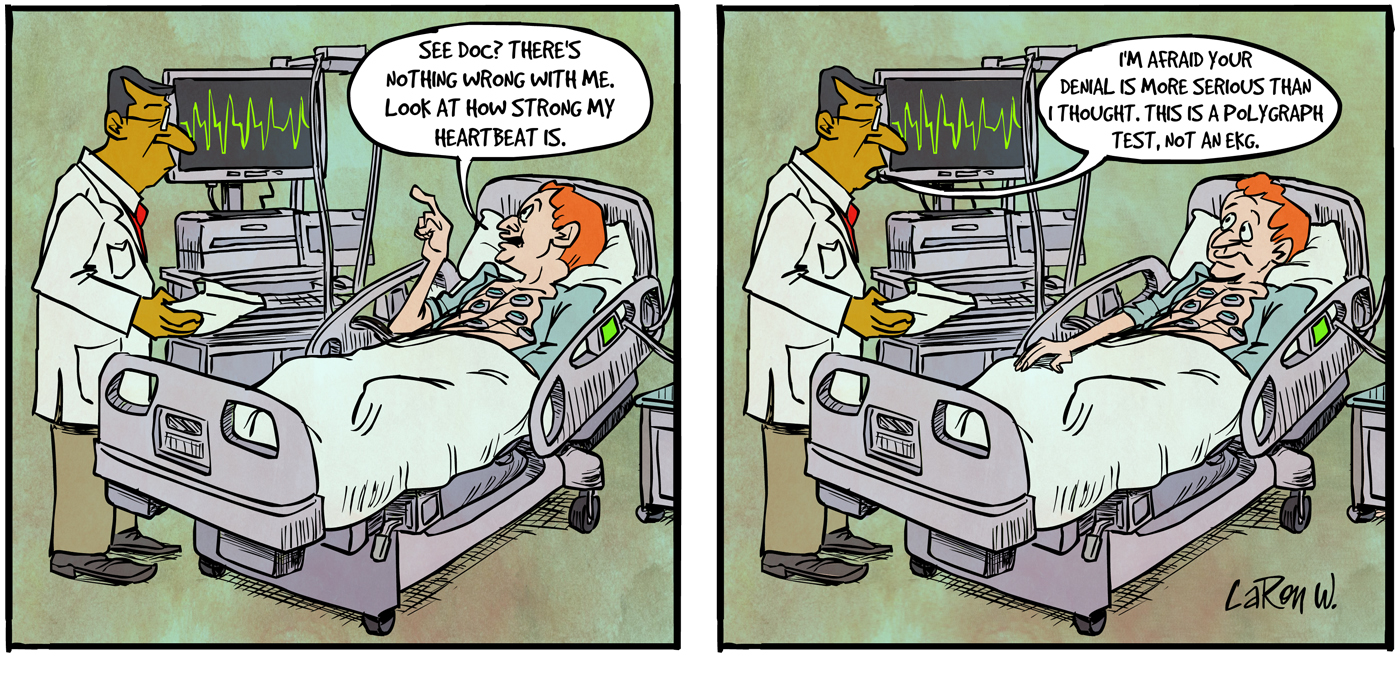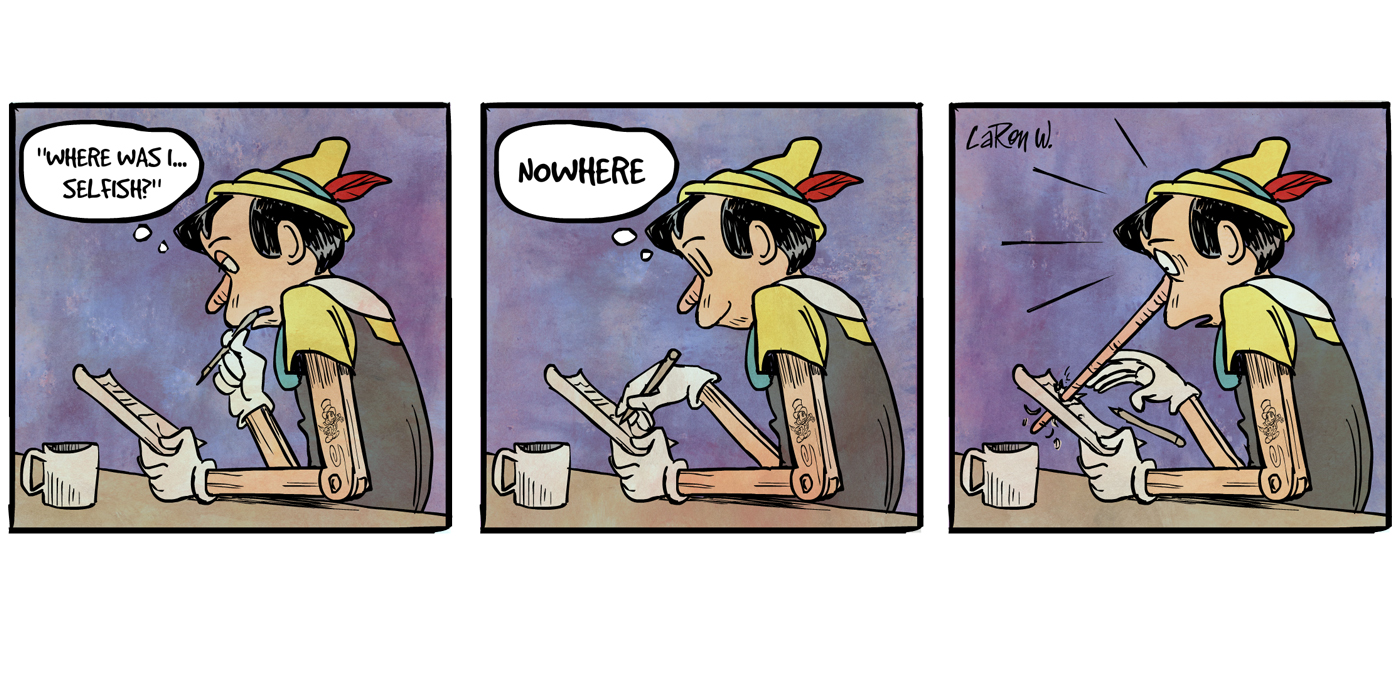
Dear New Brother,
The first thing I want you to know is that I will honor your anonymity; I will not use your name nor give you mine. At a large Saturday morning meeting of our 12-Step program your sponsor read your First Step letter. It resonated with me, and I want to give back to the fellowship by writing my share to you.
In early July 2020 I was granted an early release from a low-level Federal prison where I spent four years of a six-year sentence for receiving and sending illegal pictures and video clips. I am happy to be home; appreciate what the program did for me before, during, and after my stay in prison; and have dedicated the remainder of my life to pay it forward.
I don’t know how long you’ve been incarcerated. It took about six months for me to become moderately relaxed as an inmate. At first I spent time trying to hide my offense from other inmates, but when it was apparent that many knew anyway, I decided to try ignoring those inmates who did any emotional bullying. The rumor was that 30% of the 1000+ inmates in my prison were there for the same reason; so, it was easier to limit my contact with negative people.
I am in my mid-70s and had many years of addiction. I thought I could not live without acting out. There were times the frequency diminished to twice a week, but mostly I fantasized and acted out at least once per day. During the time on pre-trial, I was able to remain sober for a year, but fear was the motivation. Unfortunately, sobriety did not last in prison. However, because I was in recovery, I was able to maintain sobriety from one to two weeks up to one to three months at a time. Before recovery, whenever I slipped from a solo, white-knuckle resolution to quit, I would give up, become depressed, and binge. In prison, the program gave me the serenity, spirituality, and courage to “get back on the horse” with the knowledge that my family, the SA fellowship, and my Higher Power were with me.
SA produces a lot of literature. The International Service Office makes publications available without cost and mails them to inmates in plain envelopes with a SAICO return address. There is also an SA magazine called Essay that has five editions per year. Ask your sponsor for a literature list. If you can email, you can put SA’s International Central Office in your contact list: saico@sa.org.
The next suggestion is to “work the Steps.” You’ll find that the program is more than dealing with your addiction. It’s a new and healthier way of life. An admission to yourself and others that you have all sorts of traits that need attention and improvements — “progress not perfection” is the mantra. Your sponsor is your guide and mentor.
For me, the revised relationship with my Higher Power has been a blessing. I recognize that there’s a similarity between us. Both of us suffered from isolation and a craving for, but fear of, intimacy in our youth and young adult years, and I don’t mean just in sexuality. Mine started as early as eight years old. I was socially backward. I had some difficulty with my parents, with my mother being abusive, and my father being uninvolved until he died in a car accident when I was just 13.
I spent years latching on to various older men as father figures. I thought I had a good relationship with my Higher Power, but in reality my HP was also like a father figure who helped me only sometimes. I just never trusted my HP with my secret. I was ashamed.
Just before prison I began to accept that my HP loved me, accepted me with all my faults. I was still guilty for what I had done, but I didn’t have to wallow in shame. I started to actually listen to the opportunities to help others that I believe my HP presented to me. I began to accept that instead of a critical, judgmental father figure, my HP was a partner in my recovery. I just had to do my part, and my HP would keep presenting opportunities to be helpful to others. It was a blessing I’ve received and continue receiving, and, God willing, in a week I will reach a year of sobriety. Just not in fear this time.
If you can find a 12-Step meeting in your prison, try to join it. It may take you some time to find one. It will take some time to build trust with fellow inmates who will share the existence of a meeting. That’s how it happened for me. Or, how about starting a meeting of your own? Your sponsor, SAICO, and the White Book will give you a road map.
I’ve asked your sponsor to send this letter to you. I cannot communicate directly with you, as I am restricted. My ID initial is “B.” If you wish to communicate with me further; however, working and communicating with your sponsor is your first responsibility. You’ve made a start with your First Step. Keep working it, because you are worth it and know that there are a growing bunch of addicts who are with you in spirit cheering you on.
Inmate sponsor B.






